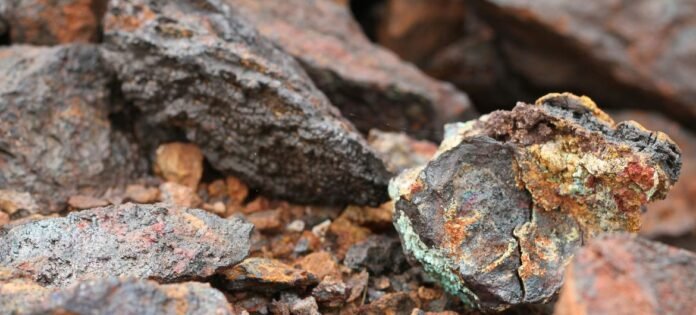From windmills to solar energy panels, electric vehicles and battery storage, there are many clean energy technologies that rely on important minerals such as copper, lithium, nickel, cobalt and other rare earth elements.
The report released on Wednesday presents a way to build a revolution in renewable energy sources based on justice and equity, so that sustainable development is encouraged, people are respected, the environment is protected and resource-rich developing countries can achieve prosperity. .
UN Secretary-General Antonio Guterres said the Commission’s report on key minerals for energy transition would help ensure clean energy as well as prosperity and equity.
The report presents recommendations for fair practices, transparency, investment, sustainability and human rights, focusing on the entire value chain of minerals, including mining. From refining to manufacturing, transportation and post-use recycling.
Limiting global temperature rise to 1.5 degrees Celsius is essential to prevent adverse effects of climate change. But for this, minerals and rare elements used in energy production, which are used in clean energy technologies, are required in sufficient quantities and within reach.
Increase in demand for minerals
During the COP28 conference in Dubai, countries’ governments agreed to triple renewable energy capacity and double energy efficiency. For this, it is necessary to increase the production of these minerals at a large rate.
Developing countries that have the mineral reserves necessary to transition to energy sources have the opportunity to transform their economies, create green jobs and promote sustainable local development.
However, in the absence of proper management, dependence on such minerals may increase over time, competition for resources may deepen geopolitical tensions, and environmental and social threats may also arise.
Against this background, the UN Secretary-General established a commission with the participation of national governments, intergovernmental and international organizations, industry and civil society to promote responsible and equitable value chains for these minerals.
Key recommendations
Experts suggest that a high-level expert consultative group should be established at the United Nations to encourage dialogue on policy issues and better coordination on economic issues related to the mineral value chain.
Additionally, a global traceability, transparency and accountability framework needs to be put in place.
Copper, nickel and cobalt ore at a mine in Western Australia.
A fund for neglected, underutilized mines should be created to strengthen financial assurance in mine closure and rehabilitation process.
In addition, initiatives are suggested to empower small-scale miners, so that they can play an important role in the process of change and development.
The UN chief called on the Commission to share the report widely and reach out to member states and other stakeholders ahead of this year’s UN Climate Conference (COP29).

